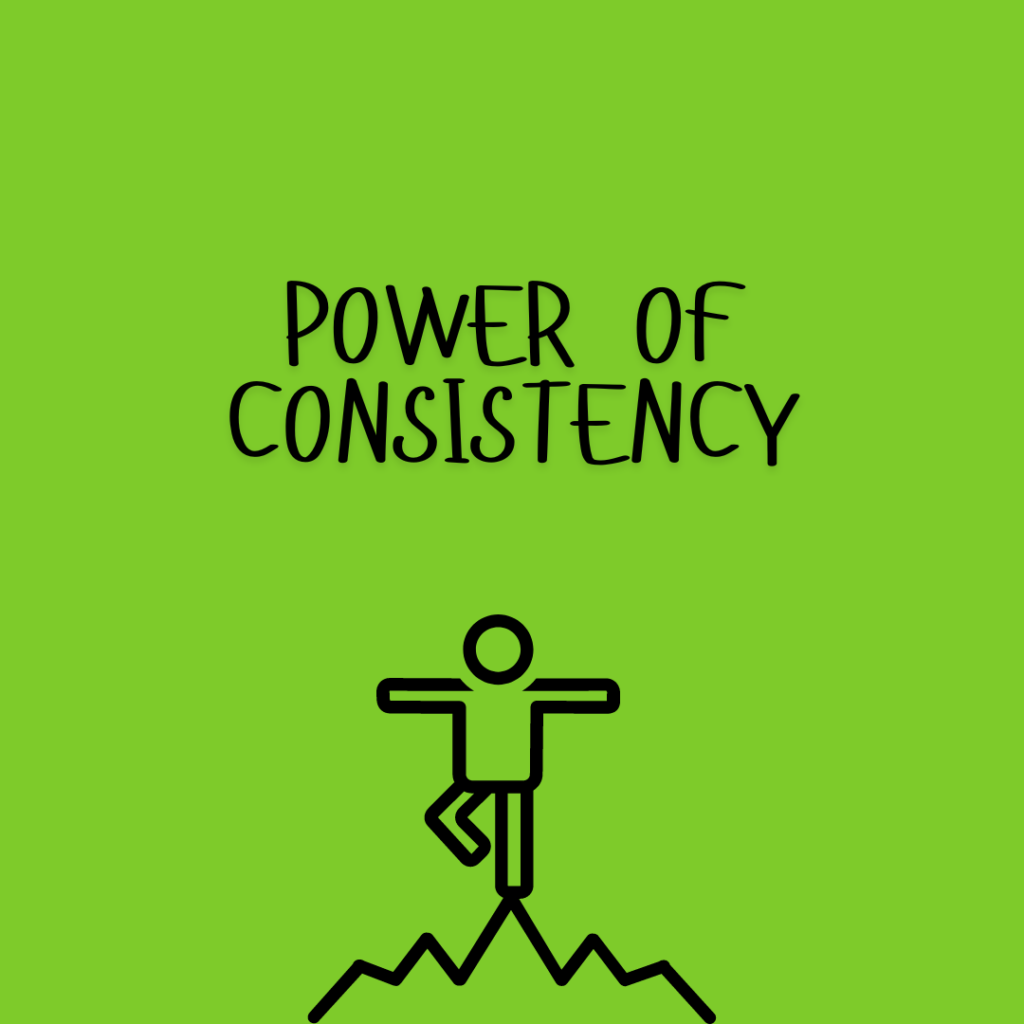With busy schedules and competing priorities, finding the time for daily workouts can feel like a challenge. In this article, we’ll explore the factors to consider when determining how much time to invest in exercise each day and offer practical tips for incorporating fitness into your routine in a way that works for you.
The amount of time you should dedicate to daily workouts depends largely on your fitness goals. Are you looking to maintain your current level of fitness, improve your overall health, or achieve specific fitness milestones? By clarifying your objectives, you can tailor your workout routine to align with your goals and make the most efficient use of your time.


When it comes to exercise, quality matters more than quantity. A shorter, high-intensity workout can be just as effective (if not more so) than a longer, low-intensity session. Instead of focusing solely on the duration of your workouts, prioritize intensity, consistency, and variety to maximize results in minimal time.
Consistency is key when it comes to seeing results from your workouts. Rather than trying to cram in long workouts sporadically, aim for shorter, more frequent sessions that you can sustain over time. Even just 20-30 minutes of exercise per day can yield significant benefits when done consistently.


Ultimately, the amount of time you should invest in daily workouts depends on your individual needs, preferences, and lifestyle. Pay attention to how your body responds to exercise and adjust your routine accordingly. If you’re feeling fatigued or overwhelmed, it’s okay to scale back and prioritize rest and recovery.
Practical Tips for Finding Balance
- Start with a realistic assessment of your schedule and commitments.
- Set aside dedicated time for exercise each day, even if it’s just 10-15 minutes.
- Mix up your workouts to keep things interesting and prevent burnout.
- Prioritize activities that you enjoy and that align with your fitness goals.
- Be flexible and willing to adjust your routine as needed to accommodate changes in your schedule or energy levels.
There’s no one-size-fits-all answer to how much time you should invest in daily workouts. Instead, focus on finding a balance that works for you and supports your overall health and well-being. Whether you have 10 minutes or an hour to spare, every bit of movement counts toward your fitness goals. Let’s prioritize consistency, quality, and enjoyment as we strive to live active, healthy lives.

